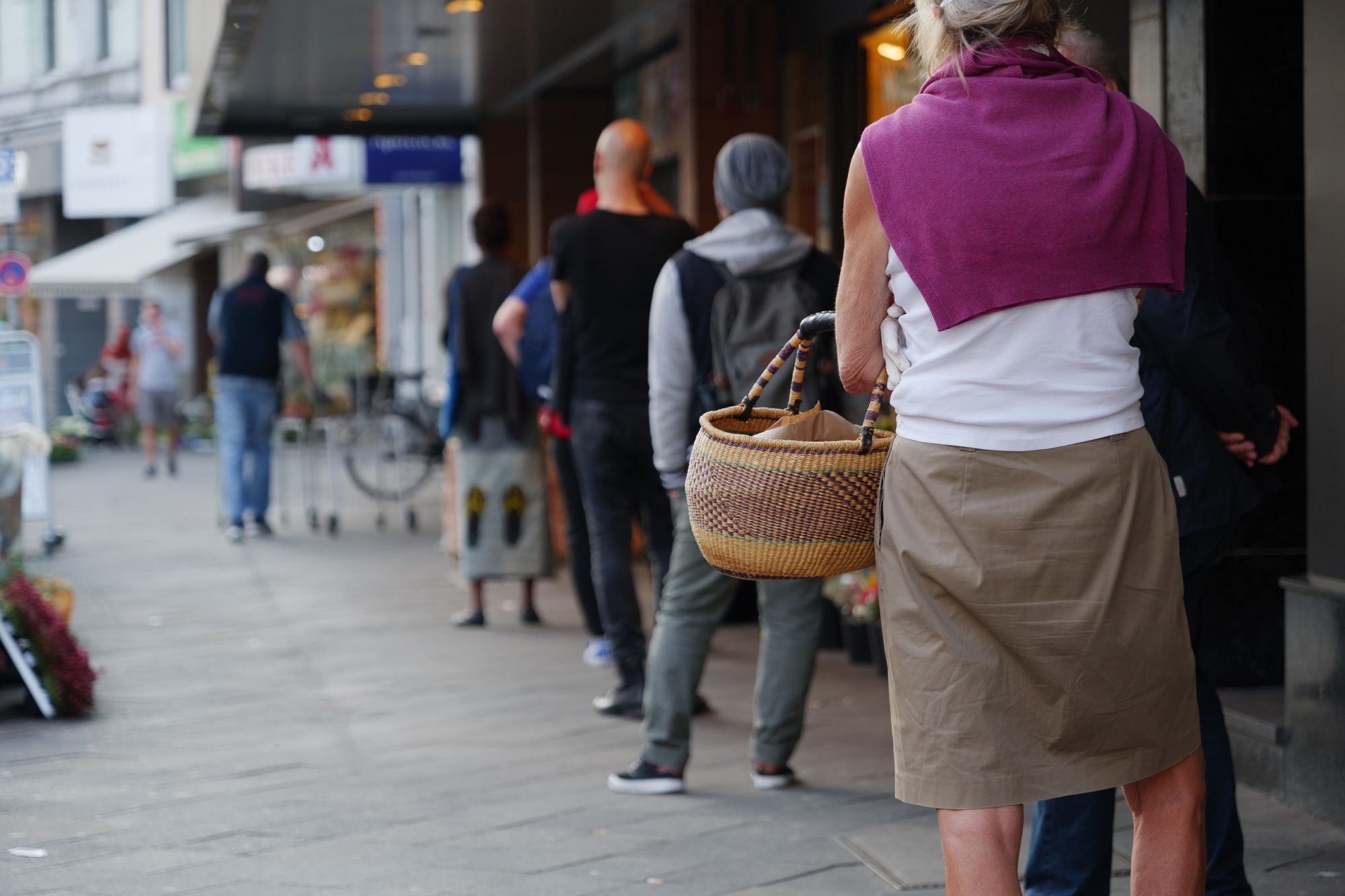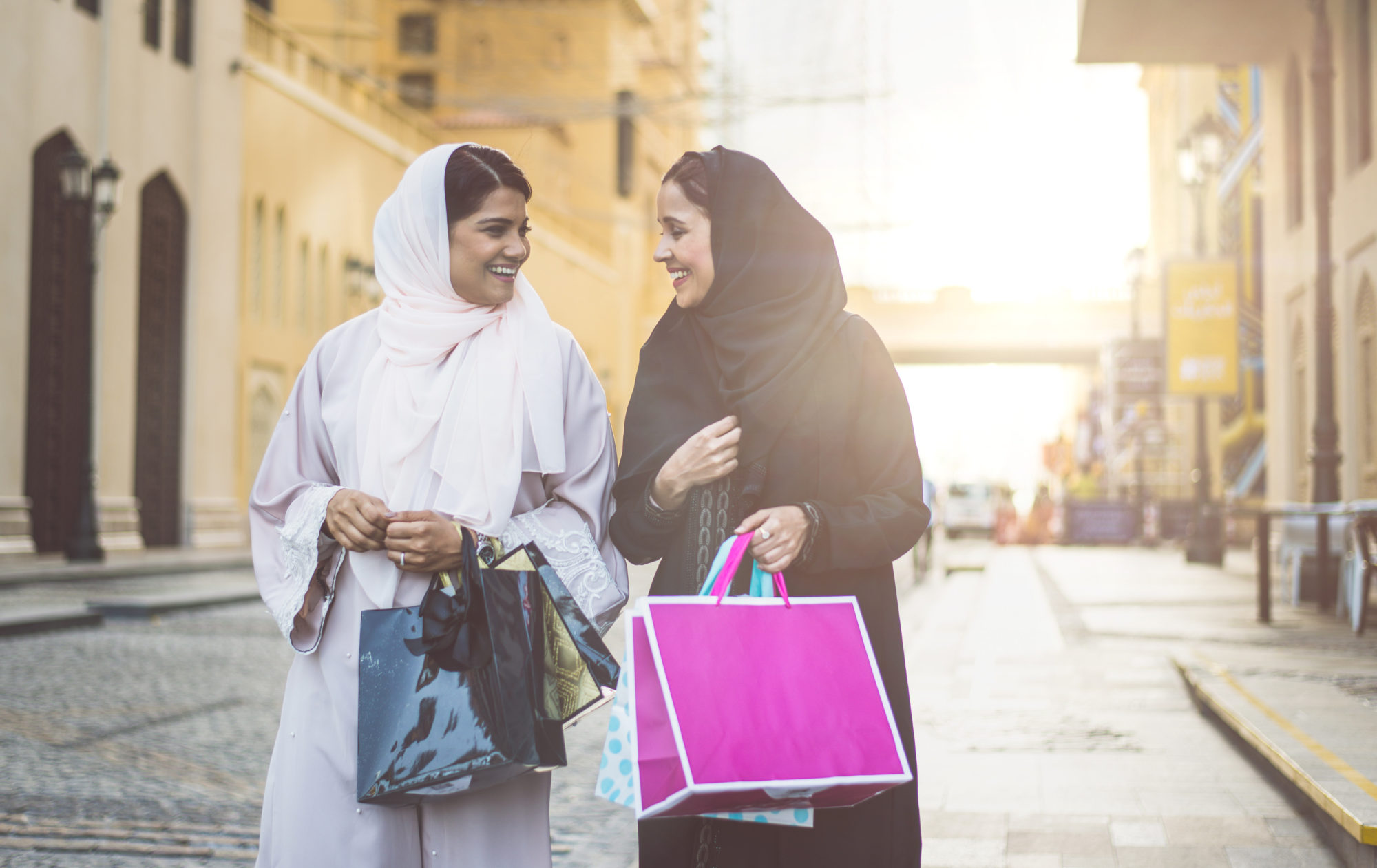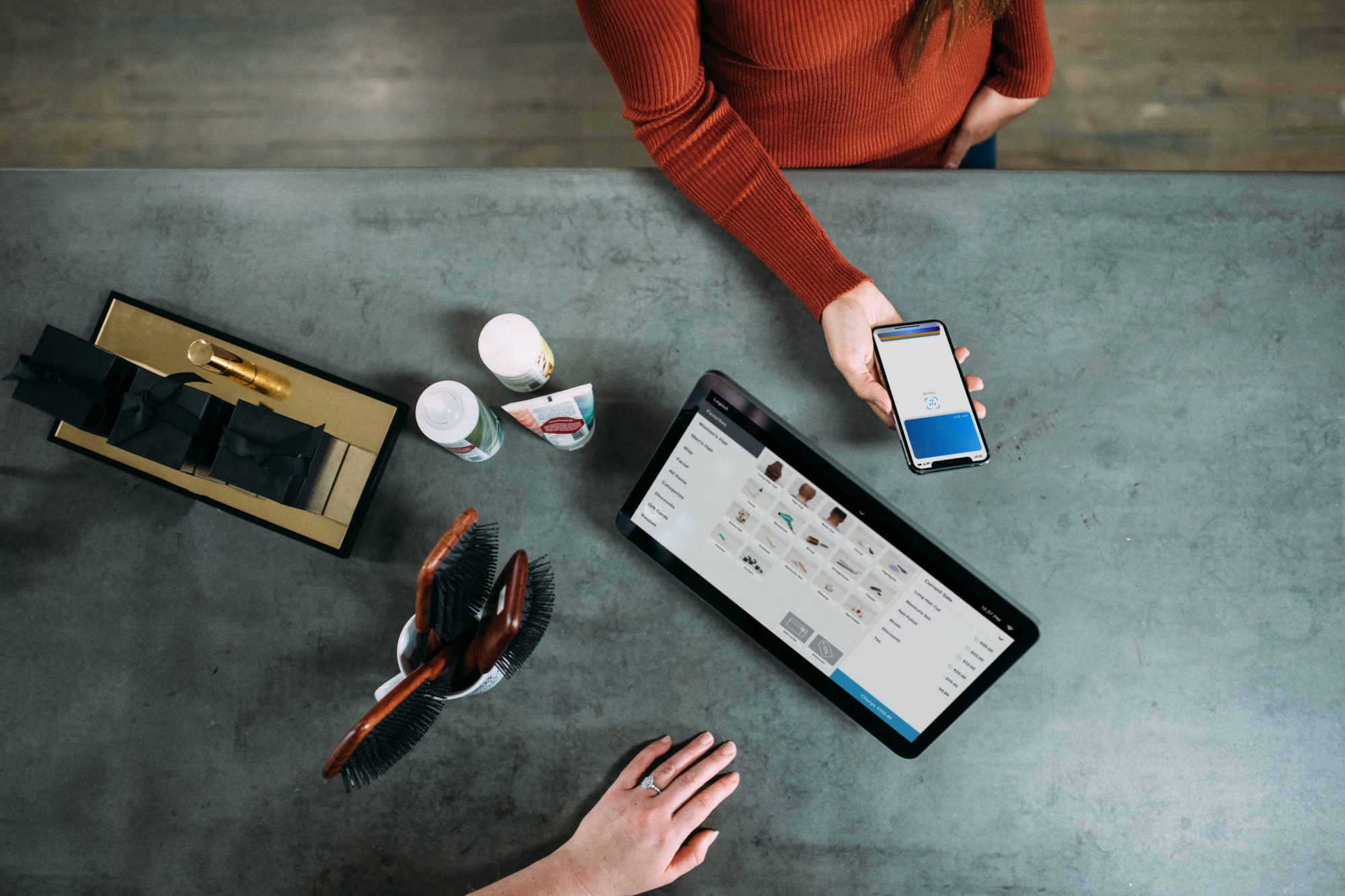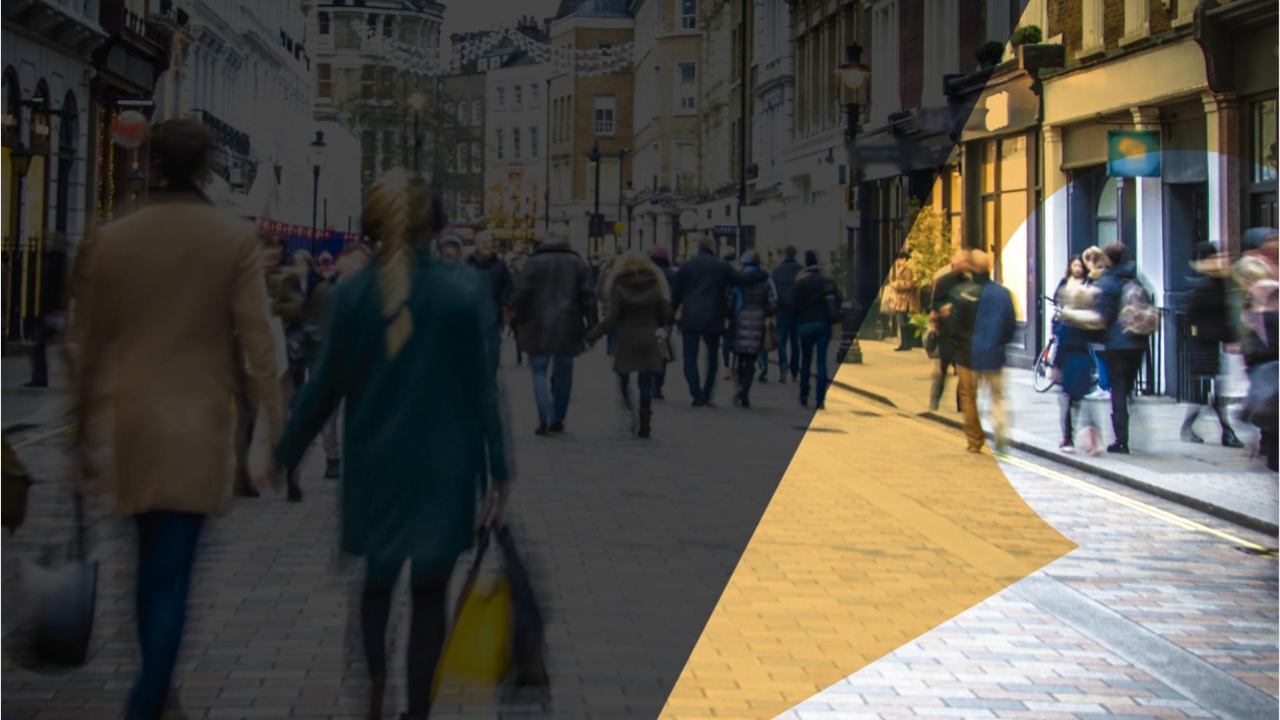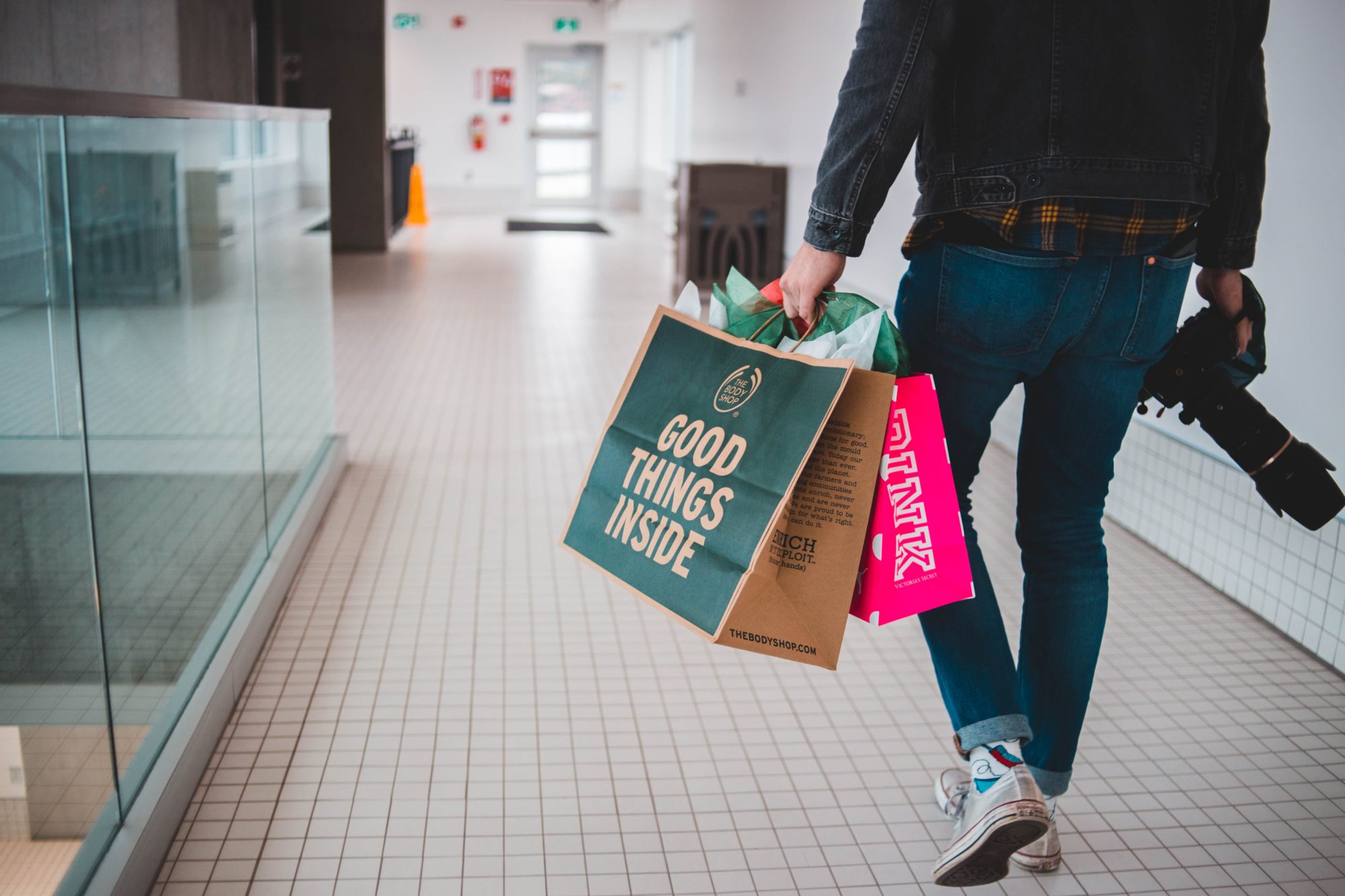With COVID-19 continuing to dominate news headlines around the world, the equally serious phenomenon of dengue fever in Singapore has taken a backseat.
Just last week, dengue infections in Singapore have surged past the 10,000 mark, with 870 cases in the first week of June; being the largest outbreak year recorded in Singapore’s recent history. Yet, there are no signs of slowing down. The National Environment Agency (NEA) has warned that the hot and wet conditions suitable for the growth of the Aedes mosquito population are likely to last till October.
